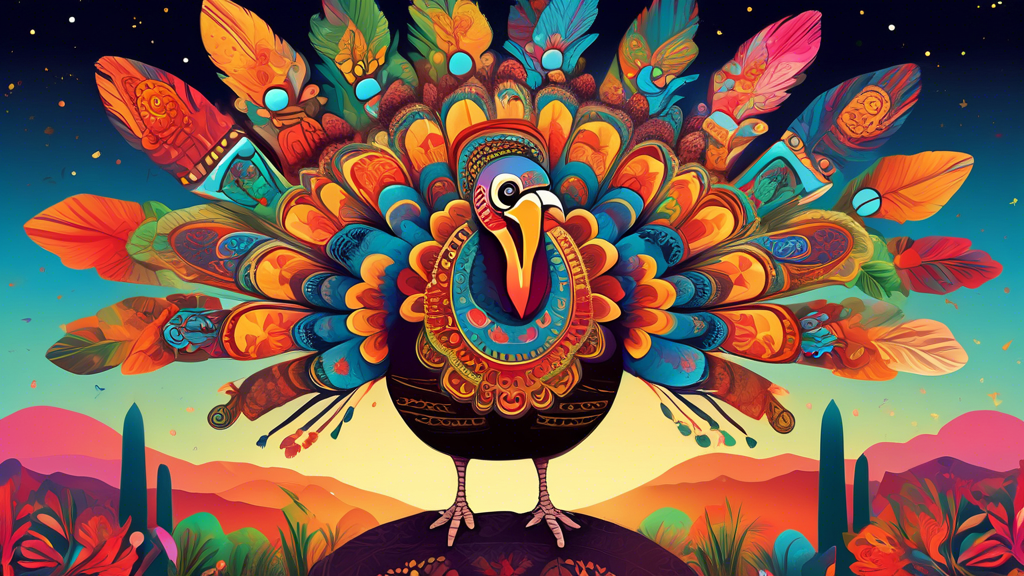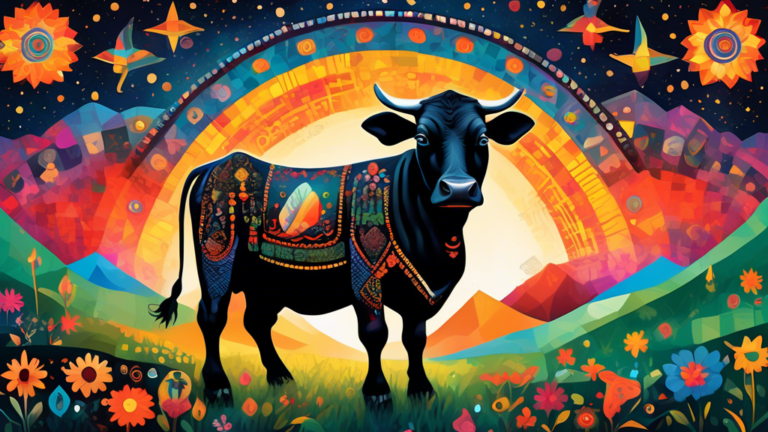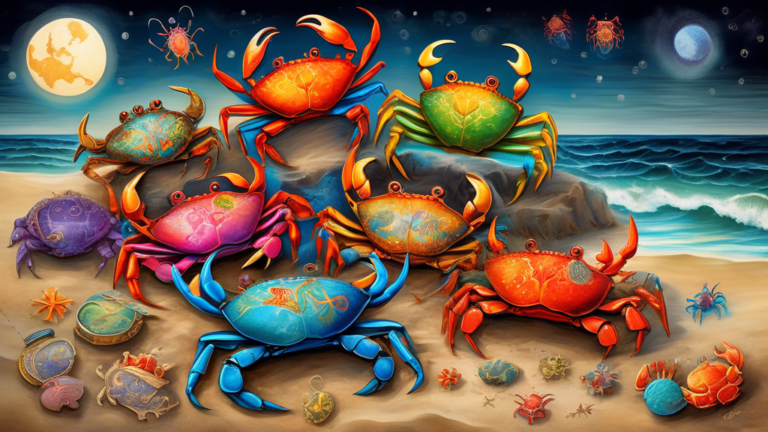Exploring the Symbolism of Turkey in Various Cultures
Introduction to the Symbolism of Turkey
The turkey, a large bird native to North America, has been a subject of intrigue and symbolism in various cultures throughout history. While commonly associated with American Thanksgiving celebrations, the symbolic meaning of the turkey extends beyond this holiday, encompassing themes of sacrifice, abundance, and community across different societies.
Ancient Native American Perspectives
Spiritual Significance and Representations
For many Native American tribes, turkeys were more than just a food source. They symbolized fertility and abundance, thanks to their significant role in the ecosystem as seed dispersers which helped in crop propagation. Furthermore, turkeys were considered sacred creatures in some tribes such as the Pueblo, who believed that these birds had the power to avert disasters naturally. Feathers of turkeys were widely used in ceremonies and as decorations, seen as offerings that could please the spiritual entities.
Symbol of Generosity and Social Prestige
In tribes like the Navajo and Cree, the turkey was emblematic of generosity and community spirit. The act of sharing a turkey meal was akin to the sharing of life’s sustenance, reinforcing the community’s bonds. This aspect of the turkey made it a symbol of communal harmony and social prestige, where the gift of turkey feathers or meat can be seen as an offering of friendship or respect.
The Turkey in American Culture
Thanksgiving and the Turkey Tradition
The use of turkey as the centerpiece of Thanksgiving dinner is a well-established tradition in the United States, reflecting continuity, gratitude, and celebration of a bountiful harvest. This tradition is rooted in the historical feast shared by the Pilgrims and the Wampanoag tribe in 1621, which popularly included wild turkey. The bird came to symbolize the comfort of home and family as well as the ideals of thanksgiving and sustenance sharing.
Symbolic Meanings of Feasting and Prosperity
Apart from Thanksgiving, the turkey also finds its place in other American cultural expressions as a symbol of prosperity and festive feasting. For instance, turkey meals are common during significant family gatherings and major holidays, symbolizing togetherness and the sharing of good fortune.
Turkey Symbolism in Other World Cultures
Mexican Cultural Connections
In Mexico, which falls within the turkey’s native range, turkeys have been domesticated for thousands of years, often associated with gods and religious rites among the indigenous peoples including the Aztecs. The Aztecs held the turkey in high esteem and often used it in sacrifices and religious ceremonies as an offering to their gods. It was seen as a creature bridging the earthly and the divine, symbolizing both sustenance and spiritual communion.
European Heraldry and Folklore
Despite being a New World bird, the turkey appeared in European symbolism shortly after the Americas were encountered by explorers. In heraldry, the turkey is sometimes found as a motif symbolizing exoticness and the New World’s unknown territories. Additionally, in some folk tales and local lore across Europe, the turkey has been represented as a harbinger of change—reflecting its introduction and the consequential changes in dietary habits and agricultural practices.
Conclusion
The symbolism of turkey is rich and varied, transcending its initial role as just another bird species in the wild. In different cultures, turkeys represent a spectrum of ideas from abundance and fertility to community and spiritual significance.
Similarly, contexts like American Thanksgiving utilize the turkey to symbolize gratitude and familial unity. By understanding these diverse meanings, one gains a deeper appreciation of how cultures around the world find unique ways to embed natural elements into their socio-cultural fabric.
Exploring the Symbolism of the Black Cow in Various Cultures
Exploring the Symbolism of Turkey in Various Cultures
Exploring the Symbolism of Wasps: Cultural and Spiritual Meanings







